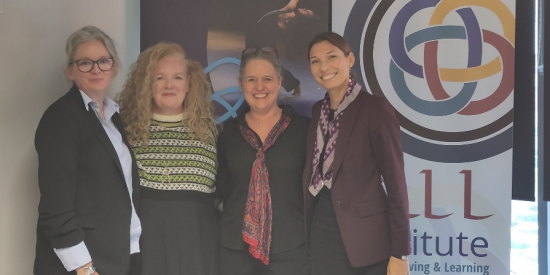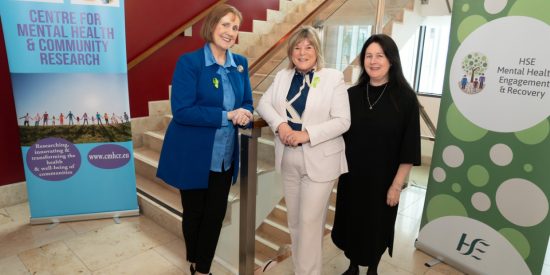
APA Journals Article Spotlight®
How can we increase access to mental health care in low- and middle- income communities?
At the global level there is a huge shortfall of practitioners to attend to the global mental health care needs. Task-shifting has been used to transfer some of the tasks often performed by mental health professionals to those who live in the community themselves. This redistribution of care and support skills has the potential to increase access, decrease dependency on professionals, develop greater awareness of how professionals can be best used, and, at the same time, empower members of the community. In a literature review published in International Perspectives in Psychology: Research, Practice, and Consultation, the authors explore task-shifting to promote access to mental health care services in low- and middle-income settings.
Citation
Deimling Johns, L., Power, J., & MacLachlan, M. (2018). Community-based mental health intervention skills: Task shifting in low- and middle-income settings. International Perspectives in Psychology: Research, Practice, Consultation, 7(4), 205–230. http://dx.doi.org/10.1037/ipp0000097
About the Authors
Lauren Deimling Johns, DCounsPsych, is a Chartered Counselling Psychologist with the Psychological Society of Ireland. She received her professional doctorate from Trinity College Dublin and Bachelor's degree in psychology from The University of Texas at Austin. She served as a United States Peace Corps volunteer in the Peruvian altiplano. As a lecturer, clinical supervisor, practitioner, researcher and advocate she focuses her work in increasing access to care and healing posttraumatic stress.
Jessica Power, MSc, is a doctoral researcher at the Centre for Global Health, Trinity College Dublin and the Health Research Board Trials Methodology Research Network. MSc Global Health and BSc Physiotherapy. Research interests include disability, assistive health technologies and how context influences implementation of healthcare interventions in low resource settings.
Malcolm MacLachlan, PhD, is Professor of Psychology and Social Inclusion and Director of the ALL (Assisting Living & Learning) Institute, at Maynooth University, Ireland. He is a clinical psychologist with interests in disability, assistive technology, health systems and policy.
For full article see:
http://paracom.paramountcommunication.com/ct/52035025:WYDyq2w7N:m:1:2174961342:C4946E57D8863AF9DCDB5714EA9C0965:r










